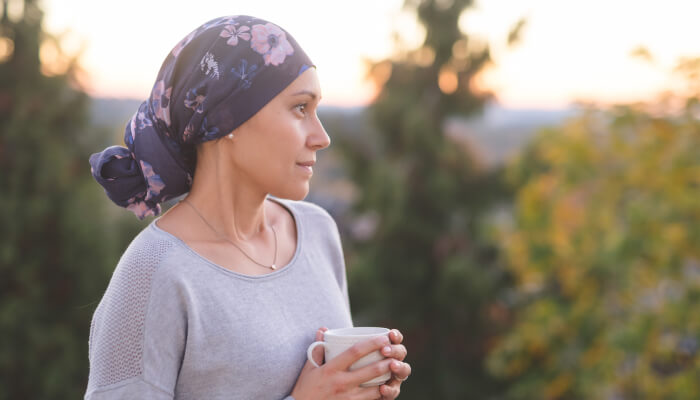This is getting personal: healthcare in transition
The success of fighting this crisis is very much dependent on what people do as individuals. By adapting their lifestyle to rules which prevent further spreading of the virus. Lifestyle is a personal matter but strongly dependent on one’s social circumstances and capabilities. Healthy behaviour of individuals and groups are positively influenced by a tailored approach. Personalised information, communication and timely interaction which are vital to make to interventions in this crisis successful.
Personalised communication is not enough. Early diagnosis of those infected is critical to contain the virus. Rapidly tracking and tracing of people who were in contact with those diagnosed allow to stop the chain of spreading. Only testing and data from people’s movements and interaction will make a proactive COVID-19 containment strategy effective. Therefore, screening and testing services should be available for people with symptoms at a large scale.
These actions to tackle the challenges of today are also shaping the healthcare of tomorrow. To make our healthcare resilient and sustainable for the future, health services must be more proactive and personalised. Similar as in the COVID-19 crisis, testing and screening allows an early diagnosis after which a personalised treatment can be provided. Such a tailored and integrated approach anticipating people’s needs is often more effective than the fragmented reactive services solely focusing on the medical issues. Exchange of data and information to support people and healthcare professionals in making services more responsive, interactive and integrated are important for the current crisis as well as for the healthcare challenges ahead of us.
Trust is an essential requirement for people and healthcare professionals for their willingness to engage in the necessary healthcare transformation. Trust is created by responsible leadership and clear communication while confidence in sharing and using data results from meaningful and actionable information. An appropriate legal framework and technical infrastructure is essential but the functional use of information to meet the needs of people and healthcare professionals should be the leading principle.
Trust is also important to find creative solutions through collaboration between different stakeholders. This crisis shows it is possible to make optimal use of scarce resources by sharing knowledge, expertise and facilities. Inclusiveness should ensure that no one is left behind in shaping the person-centred healthcare of tomorrow and which is built on solidarity and cohesion between people, public and private organisations.
The implication of this all is that we must make the whole system change. Not a single aspect but from the community to a healthcare system level: including people, services, infrastructure and policies. Building blocks for the transformation towards a personalised healthcare will reduce the complexity of change. Exciting experiences and with transformation of healthcare and lessons of this crisis provide a rich source of concrete knowledge and methodologies. These building blocks are flexible and can be tailored to the context of different countries, settings and cultures.
This is a personal call to help with building a better, sustainable and more personalised healthcare. Read on to find out more about the building blocks in our consensus paper and how you can contribute in making Personalised Healthcare available for all.
Read the full Consensus Paper here
Contributing Authors:
- Nick Guldemond (Leiden University Medical Center, Netherlands, I.M. Sechenov First MoscowState Medical University)
- Serge Bignens (Institute for Medical Informatics, Switzerland) Usman Khan (formerly European Patients Forum, ModusEurope)
- Joanna Chataway (Department of Science, Technology, Engineering and Public Policy, University College London, United Kingdom)
- Bogi Eliasen (Copenhagen Institute For Futures Studies, Denmark)
- Joanne Hackett (Genomics England, United Kingdom) Marius Geantă (Centre for Innovation in Medicine, Romania)
- Denis Horgan (European Alliance for Personalised Medicine)
- Šarūnas Narbutas (Youth Cancer Europe,Lithuanian Cancer Patient Coalition)
- André Trottier (Roche)











